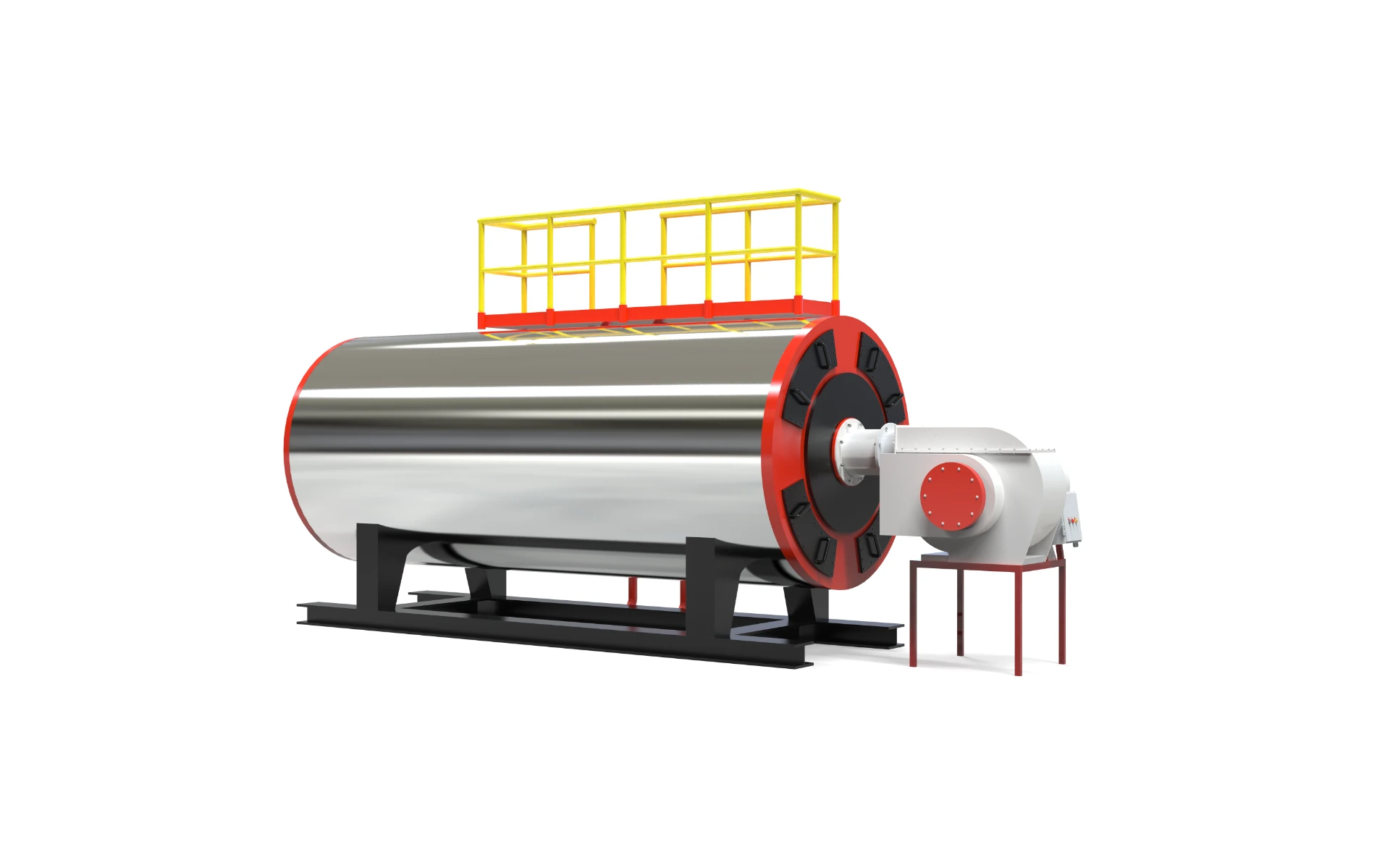
Kas . 14, 2024 09:59 Back to list
hot water boiler efficiency
Understanding Hot Water Boiler Efficiency
Hot water boilers play a crucial role in various applications, ranging from residential heating systems to industrial processes. The efficiency of these boilers is a significant factor that can influence energy consumption, operating costs, and environmental impact. In this article, we will explore what hot water boiler efficiency means, how it is measured, and the factors that can affect it.
What is Boiler Efficiency?
Boiler efficiency refers to the capability of a boiler to convert fuel energy into usable heat energy. It is typically expressed as a percentage, representing the ratio of useful heat output to the total energy input. In simple terms, higher efficiency means more heat is produced for every unit of fuel consumed, resulting in lower fuel expenses and reduced emissions.
There are several methods to evaluate boiler efficiency, with the most common ones being
1. Annual Fuel Utilization Efficiency (AFUE) This measurement represents the efficiency of the boiler over an entire heating season. It considers the total heat output, including any losses due to standby heat loss and cycling losses.
2. Thermal Efficiency This figure assesses how effectively the boiler converts fuel to heat during operation. It calculates the useful heat output compared to the total energy input at a given moment.
3. Combustion Efficiency This measurement focuses specifically on the combustion process, indicating how completely the fuel is burned in the boiler.
Factors Affecting Efficiency
Several elements can influence the efficiency of hot water boilers
1. Fuel Type Different fuels have varying combustion characteristics and energy content. For instance, natural gas is generally more efficient than oil due to its higher energy density and cleaner-burning properties. The choice of fuel can significantly impact operating costs and emissions.
hot water boiler efficiency

2. Heat Exchanger Design The configuration and material of the heat exchanger play critical roles in efficiency. Efficient heat exchangers maximize heat transfer between the combustion gases and the water, reducing heat losses.
3. Boiler Size and Load Matching Improperly sized boilers can lead to inefficiencies. A boiler that is too large for its intended application will cycle on and off frequently, leading to energy waste. Conversely, a boiler that is too small may struggle to meet the heating demand, thereby operating inefficiently.
4. Water Quality Poor water quality can lead to scaling and corrosion within the boiler system, which decreases efficiency over time. Regular maintenance and water treatment can help preserve efficiency.
5. Control Systems Advanced control systems can optimize boiler operation by adjusting parameters based on real-time demand. Smart technology can enhance efficiency by preventing overheating and reducing fuel consumption during low-demand periods.
Importance of High Efficiency
Enhancing boiler efficiency is vital for several reasons
1. Cost Savings Improved efficiency translates to lower utility bills, making it economically advantageous over the boiler's lifespan. High-efficiency boilers can often offset their initial higher purchase price through savings in fuel costs.
2. Environmental Impact Efficient boilers produce fewer emissions, helping to mitigate climate change and air pollution. Reducing fuel consumption also lessens dependence on fossil fuels, promoting sustainability.
3. Regulatory Compliance Many regions mandate specific efficiency standards for heating systems. Investing in a high-efficiency boiler can ensure compliance with local regulations, avoiding potential fines and promoting greener building practices.
Conclusion
Understanding hot water boiler efficiency is essential for anyone involved in heating systems, whether in residential or industrial settings. High-efficiency boilers not only deliver cost savings but also contribute to a more sustainable energy future. By considering factors such as fuel selection, system design, water quality, and advanced controls, operators can ensure their hot water boilers function at peak efficiency. Continuous monitoring and maintenance will further enhance performance, safeguarding investments and promoting environmental stewardship. Embracing efficiency in boiler operation is not just beneficial; it is imperative for a more sustainable tomorrow.
-
Oil Fired Hot Water Boilers Sale - High Efficiency & Affordable
NewsJul.31,2025
-
High-Efficiency Commercial Oil Fired Steam Boiler for Industry
NewsJul.30,2025
-
High-Efficiency Biomass Fired Thermal Oil Boiler Solutions
NewsJul.30,2025
-
High Efficiency Gas Fired Thermal Oil Boiler for Industrial Heating
NewsJul.29,2025
-
High-Efficiency Gas Fired Hot Water Boiler for Sale – Reliable & Affordable
NewsJul.29,2025
-
High Efficiency Biomass Fired Hot Water Boiler for Industrial and Commercial Use
NewsJul.29,2025
Related PRODUCTS






















